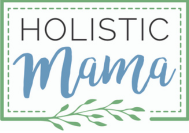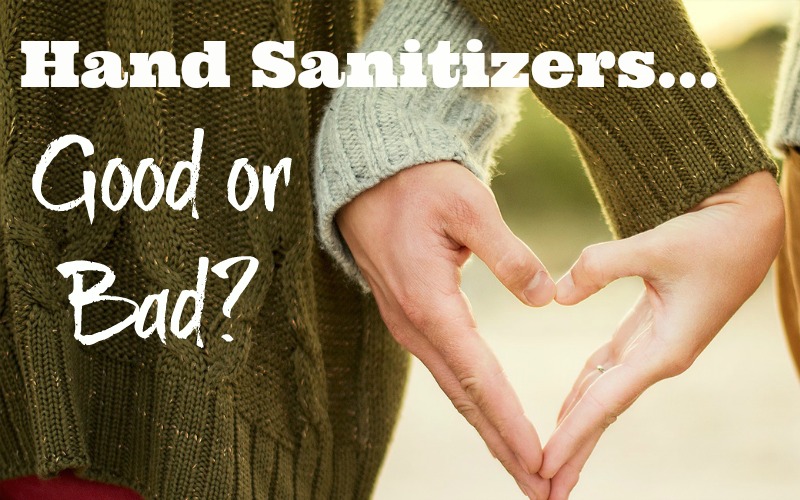Is hand sanitizer good or bad? Hand sanitizers have been around for many years but they have become even more popular in the last few years (for obvious reasons). The problem with the majority of hand sanitizer products is that they are both harmful to our health and to the environment.
The Environment
Most anti-bacterial products contain Triclosan, an antibacterial agent that kills bacteria. Some scientists are calling for the removal of triclosan from consumer products because it is building up in the ocean's food web. One-third of the bottle nose dolphins tested off South Carolina and almost one-quarter of those tested off Florida carried traces of triclosan in their blood. In fact, the concentrations found in the dolphins are known to disrupt the hormones and growth and development of other animals.
Another study in bullfrogs found that triclosan disrupts the endocrine system. It blocks the tadpoles' development into frogs at concentrations found in the environment. In addition, a 2008 study by the CDC, stated three-quarters of people tested in the United States had triclosan in their urine. Tricolsan can cause hormone disruption and growth problems. This isn't something we want in the human body, or in animals for that matter.
Damaging to your Immune System
Generally, people use hand sanitizer to avoid illness. The absurd thing about this is it might be doing the opposite. Hand sanitizers kill bacteria on your hands. The problem is that there are good bacteria and bad bacteria and the sanitizers aren't selective. Some bacteria may be the cause of getting us sick but other bacteria actually protect our immune system. Killing off the friendly bacteria can damage our natural defenses against other infections. We definitely don't want to kill off that bacteria.
Also, in regards to the bad bacteria, or the ones that can cause sicknesses, it's not certain that it's in our best interest to kill them all either. There is considerable evidence that some exposure to bacteria in the environment is actually beneficial. It helps the immune system develop and strengthen. Some studies have shown an increase in allergies and asthma in people who were raised in an overly sterile environment.
May Cause Superbugs
In some countries, like Canada, the use of anti-bacterial products are not recommended because of resistance. Resistance is already a problem with antibiotics because they have been overused. Triclosan is thought to cause a similar resistance especially because it is very widely used. The concept is easy to understand. If a product doesn't kill all the germs, it's the susceptible ones that get killed first, leaving the hardier ones behind. These can multiply and eventually outnumber the susceptible bugs.
What should we use instead of hand sanitizers?
- Use soap and water to wash hands whenever available.
- Keep baby wipes or a spray bottle of a water and soap solution with some wash cloths or paper towels in the car. In a pinch you can spray your hands with the solution and dry with paper towel.
- There are more natural versions of hand sanitizers available like this one from Dr. Bronners or this Thieves hand sanitizer.
- Lastly, you can make your own hand sanitizer at home using essential oils. It is cheaper and gives you more control over the ingredients.
Recipe for Hand Essential Oil hand Sanitizer
- 1/2 cup aloe vera gel
- 3/4 cup rubbing alcohol
- 10 drops essential oil – thieves or tea tree oil
Pour all ingredients into a food processor or blender and blend. Put the mixture into a small bottle (can use an empty bottle from another hand sanitizer).
You can find more information about hand sanitizers here.
![]()
Thank you for reading this post, don't forget to subscribe to stay in the loop. If you are looking for some of the healthy tools and resources mentioned in my articles, take a look at my healthy shopping guide.
Some of our links are affiliate links, which means if you click and buy, I earn a small commission. The price is the same for you, though. Thank you!
You might also like these posts...

